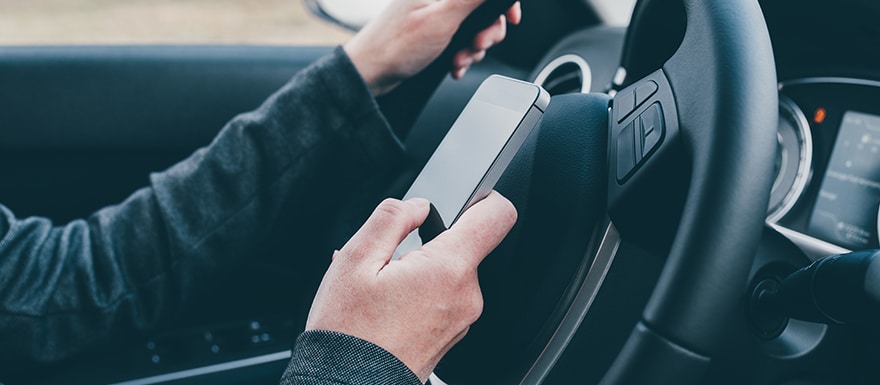Distracted Driving Statistics
Both the NHTSA and TXDOT are valuable sources of information on how dangerous it is to text, talk on the phone, or engage in other activities while behind the wheel. According to NHTSA data:
- In 2016, 3,450 people killed in accidents involving distractions.
- Approximately 10 percent of teen drivers involved in fatal accidents were distracted at the time of their crash.
- Despite bans, officials have determined that approximately 481,000 motorists use their cell while driving during daylight hours.
Data compiled by TXDOT is also disturbing, revealing that distractions were a factor in 19 percent of all crashes in the state during 2017. The 100,687 distracted driving collisions that year led to 444 deaths and 2,889 serious injuries.
Victims’ Rights in Texting and Driving Accidents
As the victim of a distracted driving crash, you may suffer devastating injuries that take a physical, emotional, and financial toll on your life. With the help of a distracted driving car accident lawyer, you can seek compensation for these losses under Texas law.
These cases are typically based on negligence, so you must prove that the other motorist breached their legal duty to drive safely. Texting and driving doesn’t automatically establish your rights, but it’s a strong indication that the other driver was negligent in operating the vehicle.
Compensation in Texting and Driving Cases
If successful in proving negligence, you may be entitled to recover monetary damages for your losses. The details are very case-specific, depending on the nature and severity of your injuries. A distracted driving accident attorney can help you seek such compensation as:
- Economic Damages – This refers to your definable, sometimes out-of-pocket losses. Examples include expenses related to medical care, lost wages, and loss of future earning capacity.
- Non-Economic Damages – Other losses may not be provable by receipts or invoices. In this category, compensation is based upon pain, suffering, emotional distress, and losses associated with your personal relationships.
Limitations on Claims
You should note that there are some legal restrictions on a texting while driving accident claim. To start, the statute of limitations in Texas is two years from the date of the incident. If you don’t file a lawsuit before that time period expires, you are barred from recovering compensation.
Also, Texas follows a rule termed “modified comparative fault.” If your own conduct was a factor in a distracted driving accident, your compensation might be reduced by the percentage of fault linked to your acts. When that percentage reaches 51 percent or more, you cannot recover any compensation for your losses.








